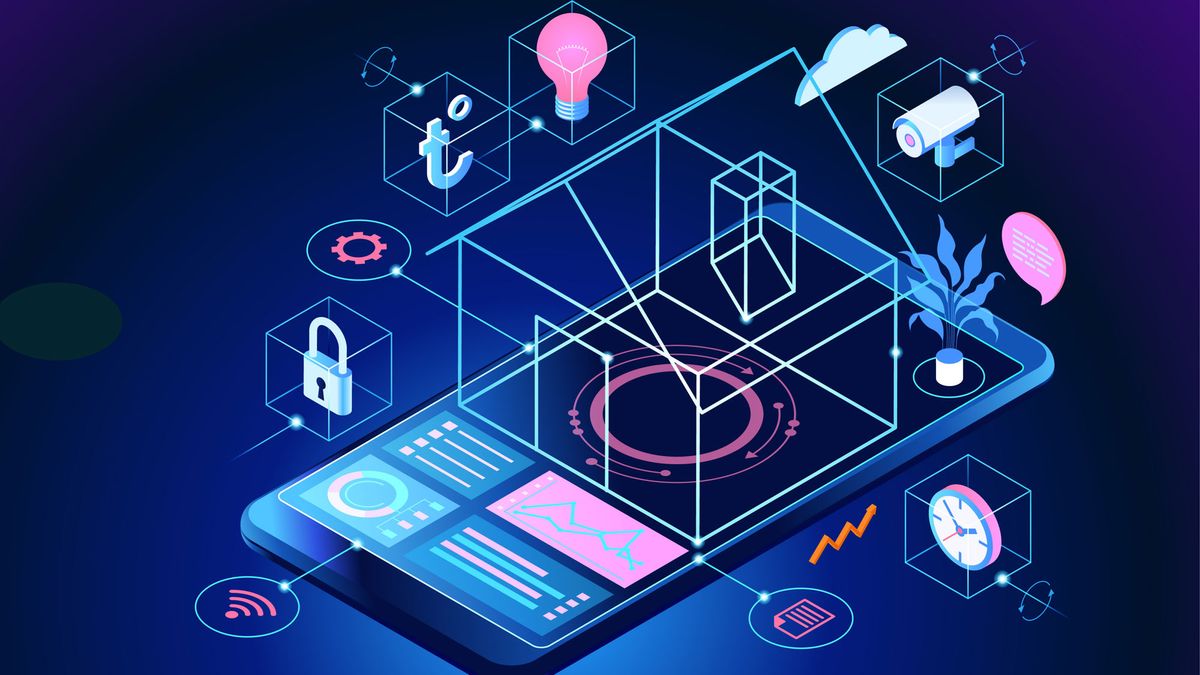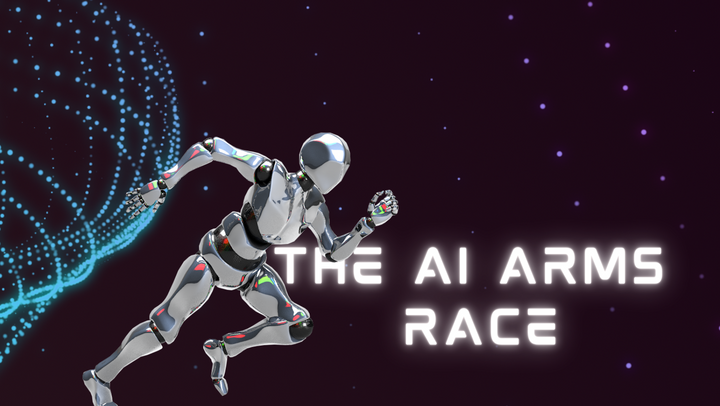Focusing on IoT in the home

The Internet of Things (IoT) has infiltrated our lives at almost every level. Whether that be at work, outside or in your home, nearly everyone has had some sort of interaction with an automated device.
The adoption of the IoT and automation has been widespread. A large amount of us now have a smart TV or a smart speaker in our homes. Without realising, these devices are making life easier and more convenient. Just over a decade ago, the notion of communicating with your home or having your home work for you was a bizarre concept - now, not so much.
Since the beginning of the decade, companies have introduced devices such doorbells, locks, lighting and thermostats that are powered digitally and automatically. The release of products such as the Nest Thermostat saw people warming up their homes before they had left their workplace. Phillips Hue lights also saw people controlling their lights from outside of their house to deter burglaries. Each device works in its own way but is all connected by one thing - the internet.
The production of these devices has grown exponentially. It is now common to have a smart speaker that you can talk to and control your home with. With the growth of recent years, it is no surprise that the automated home systems are predicted to grow even more. A report that was published by Allied Market Research estimated that the global home automation market was at $46.60 billion in 2020 and is now expected to reach $239.89 billion by 2030. So, what is driving this tremendous growth?
With the rise in interest to have a smart home, devices like the ones mentioned before are in demand. This also means technologies such as NFC (near-field computing) and AI (artificial intelligence) are also in high demand. New and older cities are also adopting the automated way of life by adding smart elements throughout cities to create a more convenient and sustainable way of living for all residents.
So where does this lead us? There are several platforms that can control several devices. However, we are yet to reach the point where there is one singular platform that connects all of our devices together. When the internet was relatively new many futurists believed and claimed that we would one day be completely connected via smart devices. Whilst most of us are connected to some type of smart device, there needs to be something that connects them together.
This isn't to say that there aren't some platforms that connect devices together. Apple's HomeKit and Home application connects all the devices in your home. However, some devices are not supported - plus, not everyone is invested into the Apple ecosystem. The way around this is encouraging several tech-giants to support one independent platform. This, however, is extremely unlikely. When it comes to home automation, Apple are the leaders. However, the iPhone creators aren't the leaders in AI, especially when it comes to smart assistants. Amazon's Alexa has taken charge over the last 5-6 years and has proven to be a powerful household assistant. Although, more recently Google Home has began to take the lead. This is mainly due to Google's advanced AI systems that are able to handle a multitude of commands.
With the strife competition across the IoT/smart home industry, it would be difficult to create a programme/platform that allowed the systems to work together. Another difficulty lies with software and hardware issues. It is a reality that systems crash and products break. We live in a world where devices are manufactured as cheaply and quickly as possible and have a short life-span. For automation to become fully autonomous and successful devices need to be able to issue warnings and almost 'heal' themselves before shutting down. Many people use smart systems for home security and door locks. People are often at a heightened risk when using faulty products.
Many entrepreneurs and tech innovators are looking at solutions for this. One of the main solutions would be to create hardware and software that seamlessly matches. Having software and hardware that works together seems like a simple task, however, many have struggled to make this work - especially when it comes to IoT products.
Over the next few years the Internet of Things, AI and smart homes are to become much more advanced. Much like smartphones and social media these are devices and systems that will infiltrate our lives for the better.
For more information on Tej Kohli as a philanthropist visit tejkohliruit.com and to read more of his views go to his Medium.
To read about Tej Kohli as an investor visit Kohli Ventures.
Find out more about Tej Kohli: Tej Kohli the technologist investing in human triumph, Tej Kohli the philanthropist trying to cure the developing world of cataracts and Tej Kohli the London tycoon with a generous streak.
| Follow: Twitter | Instagram | LinkedIn | Facebook | YouTube |




Comments ()